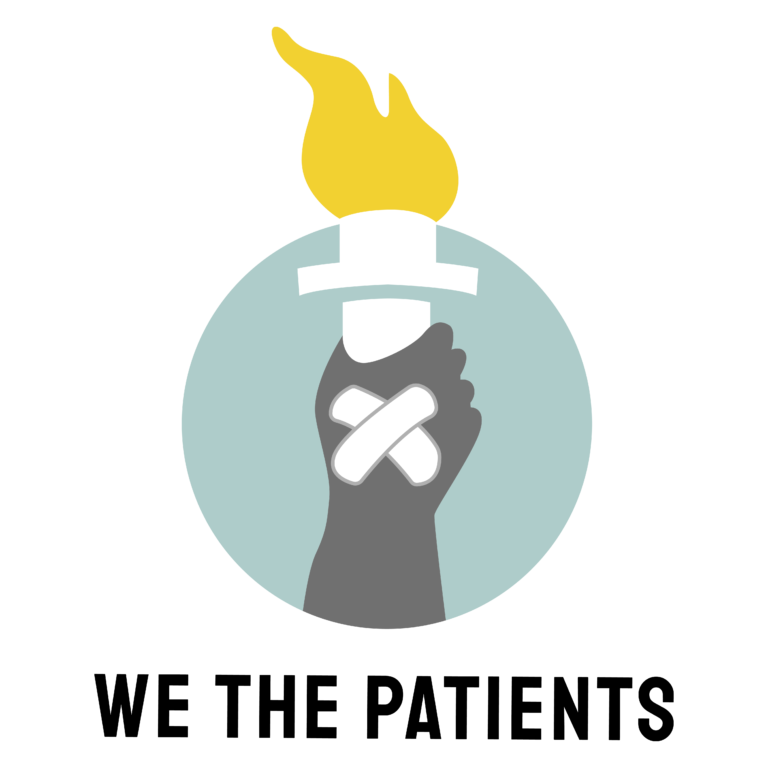Welcome to the twelfth installment of our #epicenterexperience series!
New Yorkers discuss how the COVID-19 pandemic affected their lives in our Epicenter Experience video series. Consumers tell us how they coped financially, emotionally, or physically during quarantine. Watch Rhea’s story below.
Rhea shares how she’s been helping New York during the pandemic:
Rhea’s a life-long New Yorker from Brooklyn who decided to study public health in college. Covid brought her back from Tufts to New York, and she wanted to do something to help the place she loved. When contact tracing started in June, she applied to start working. Soon, she became an official contact tracer for the Capital Region around Albany.
Contact tracing means different things for different cases. When the person she has to call lives in New York, she’ll ask them if they have symptoms of Covid. Then, she asks if they’ve come into contact with anyone who they might have spread Covid to. When she has to call travelers from other states, she asks them to quarantine based on where they’re visiting from. Some cases are harder than others: Contact tracing sometimes requires, as she says, “thinking on your feet” and helping people navigate complicated living or working situations, sometimes with help from community support specialists. The conversations can be tough, but Rhea’s learned how to better practice empathy to help New Yorkers get what they need. All in all, Rhea’s glad to be a contact tracer, and she’s happy doing her part to get New York back on its feet!
Watch Rhea’s video below for the full story! Speaking of the Capital Region, elections are coming up! If you have any questions about voting in New York, check out the New York State Board of Elections.
If you’ve got a story, we want to highlight it. Email us at edore@cssny.org, and if you have questions, DM us on Twitter @WeThePatientsNY or on Instagram @wethepatientsny!


